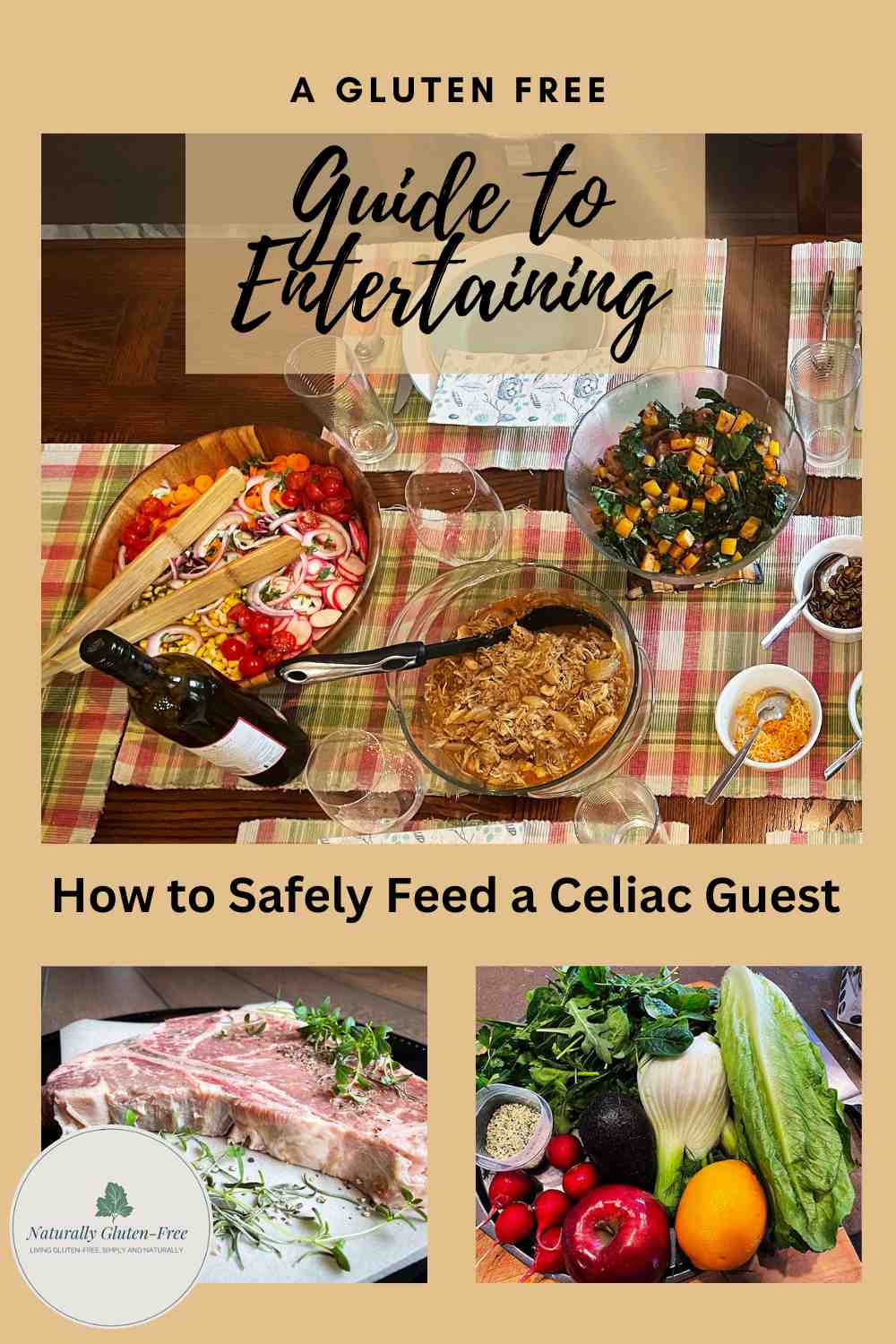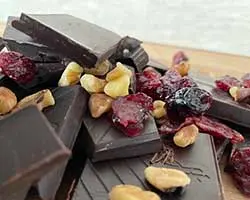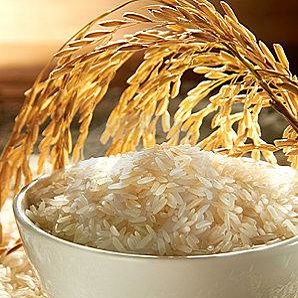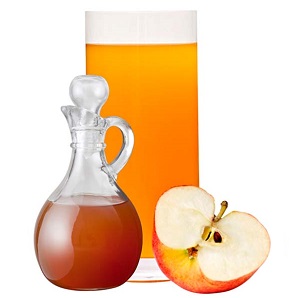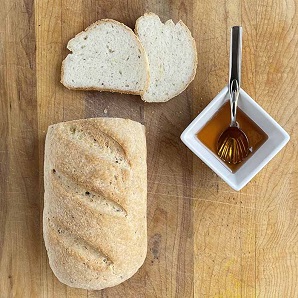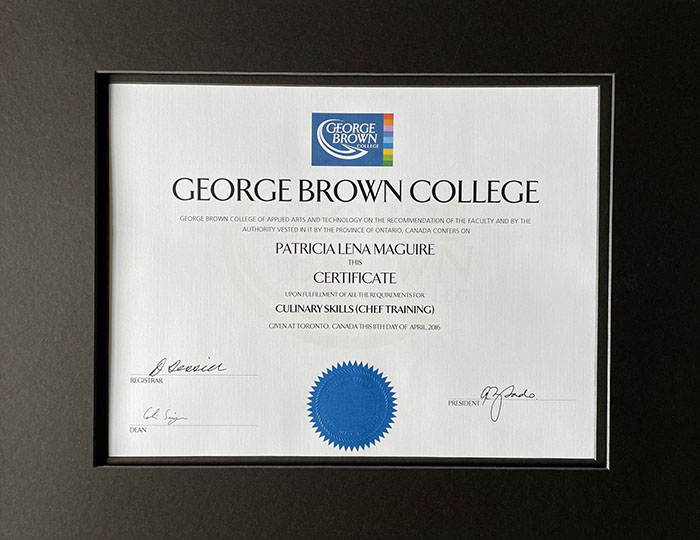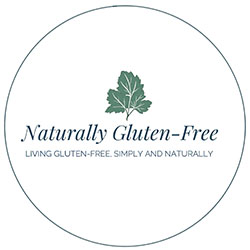- Home
- Away From Home
- Gluten Free Guide to Entertaining
A Gluten Free Guide to Entertaining: How to Safely Feed a
Celiac Guest
You’re hosting a friend or family member with celiac disease and the last thing you want is for them to be sick on your watch. This gluten free guide to entertaining will give you the basics so you can safely feed your gluten free guest.
Pin For Later
Before we start, I want to thank you on behalf of your celiac friend for coming to this page. It shows you care about including them in your event and in your life. It shows that you care about providing them with a safe meal.
Sharing a meal is one of the most important things we do as humans. It's how we celebrate and socialize. It's how we form and deepen relationships. People with celiac disease often feel isolated because they can’t eat what everyone else is eating. Often they feel like a nuisance and many simply stay home to avoid the risk and embarrassment.
We appreciate your effort. Thank-you for taking this seriously.
A Quick Tutorial on Celiac Disease and Gluten Disorders
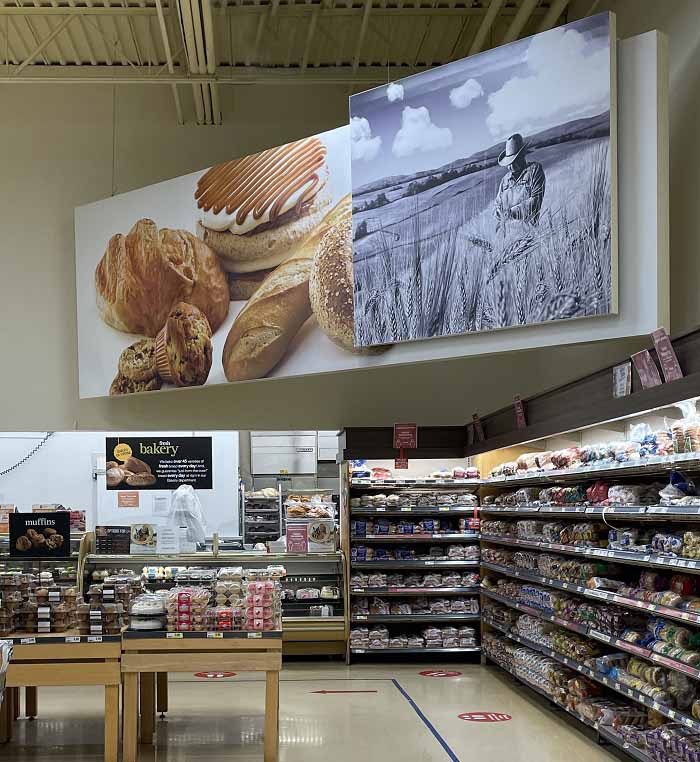
What is Gluten?
Gluten is a protein found in wheat, rye, and barley. Remember the acronym BROW.
|
B – Barley |
No beer, malt vinegar, malt beverages or Worcestershire sauce, unless it says gluten free. |
|
R – Rye |
Watch for bread and crackers. Some of us react to rye whiskey and other distilled alcohols. |
|
O – Oats |
Oats are gluten free but are often contaminated with wheat. Best to Avoid. |
|
W – Wheat |
No wheat flour, bread, crackers, pasta, pizza, or soya sauce unless it says gluten free. |
Reading Labels
Look for BROW ingredients on food labels to be sure that the product has no gluten. Also look for a “may contain” statement. For extra confidence look for a "gluten free" claim on the label.
Explaining Celiac Disease, Allergy, Intolerance and Preference
There are different reasons why someone might be on a gluten free diet. It's important for you to know what your guest's situation is.
Celiac Disease
Celiac disease is a serious autoimmune condition. The immune system damages the small intestine if we eat gluten. Common symptoms are stomach upset, diarrhea, headache, muscle aches and skin rash. Celiac disease can also have long-term consequences like stomach cancer, osteoporosis, and nutritional deficiencies. A person with celiac disease must avoid all gluten all the time.
Gluten Intolerance
Also called non-celiac gluten sensitivity gluten sensitivity or NCGS. The symptoms are like celiac and can range from mild to severe. Gluten intolerance can be very uncomfortable but does not lead to long-term damage like celiac. Sometimes people with a mild gluten intolerance will have a little gluten or won’t worry about “cross contamination” (we’ll talk about this later).
Wheat Allergy
An allergy is different than an intolerance or an autoimmune disease because it involves a different aspect of the immune system. It can cause severe, life-threatening symptoms like anaphylaxis. The person may break out in hives, get itchy, get a stuffy nose, headache or have stomach problems like cramps and vomiting.
Gluten-Free Preference
Some people avoid gluten because they think it’s unhealthy or that it will help them lose weight. They will often “cheat” and don’t worry about cross contamination. Some people with celiac feel that these “fad dieters” are the reason their disease is not taken seriously.
For the rest of our gluten free guide to entertaining, we’ll be talking about celiac disease, but these tips will help in the other situations too.
Gluten Free Guide to Entertaining: What Can a Person with Celiac Disease Eat?
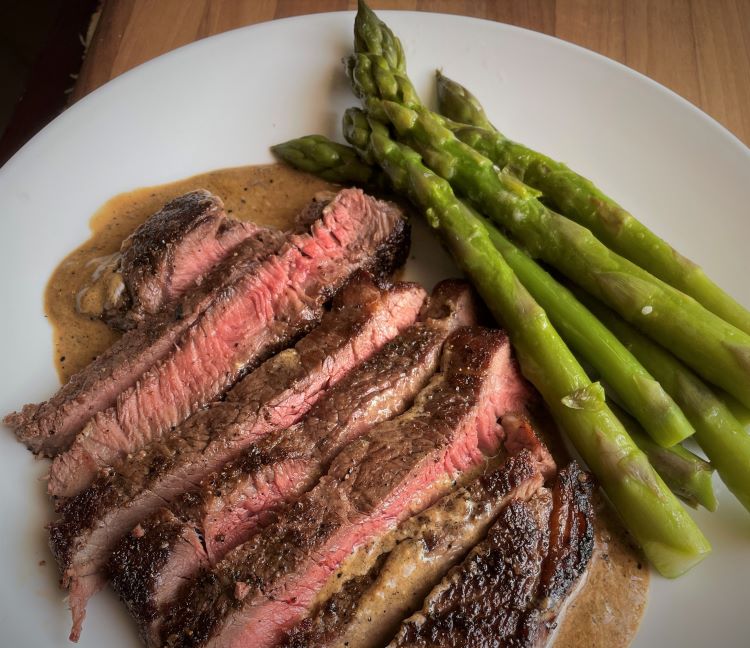
Most whole foods are gluten free. Seasoning, cooking and processing is where gluten is often added. Here are some examples of gluten free foods:
- Fresh fruits and vegetables
- Fresh cuts of meat, fish and poultry
- Oils like olive oil, butter, cooking oil
- Nuts and seeds
- Dairy products like milk, cream, yogurt, most cheeses, most ice cream*
- Gluten free grains like rice or corn
- Special gluten free products like gluten free pasta, bread, buns, crackers.
*People with celiac disease are often lactose intolerant and must avoid dairy products.
Things to Watch Out For
- Packaged products
- Bottled sauces and dressings
- Seasoning blends
- Processed meats like sausage and cold cuts
- Grains and pulses like: quinoa, amaranth, millet, sorghum, teff, beans, peas and lentils. These are often contaminated with wheat but are okay if they have a gluten free label.
Always check labels for BROW ingredients or a gluten free claim.
Is Chocolate Gluten Free? Health Benefits and Tips to Avoid Hidden Gluten
Discover which chocolates are truly gluten free, how to read labels, and what hidden ingredients celiacs need to watch for when choosing sweet treats.
This article is dedicated to chocolate and will give you all the ins and outs.
How Best to Accommodate a Person with Celiac Disease
Keep it Simple
- Keep your menu simple. Focus on “naturally gluten free” foods like meat, vegetables and fruit.
- Keep your seasonings simple. Salt and pepper are often all that’s needed. For other seasonings check labels for a gluten free claim or BROW ingredients.
- Keep sauces simple. Look for a gluten free claim or BROW ingredients on the label. Ask your celiac guest for suggestions.
A Little is Too Much: Dusting and Dredging
A person with celiac disease cannot have any gluten. Even a crumb is too much.
A few years ago I had an experience at a friend's house that is very common among celiacs.
The menu was simple: roast beef, roast potato, green beans. Halfway through the meal my host mentioned that he dusted the roast with “just a little flour to crisp it up”. I stopped eating immediately and I’m sure had a look of horror on my face. After about a half hour the neck pain started, then the migraine, then... well, I spent the rest of the evening in the bathroom. A little is too much.
Importance of Cleanliness: Avoiding Cross Contamination
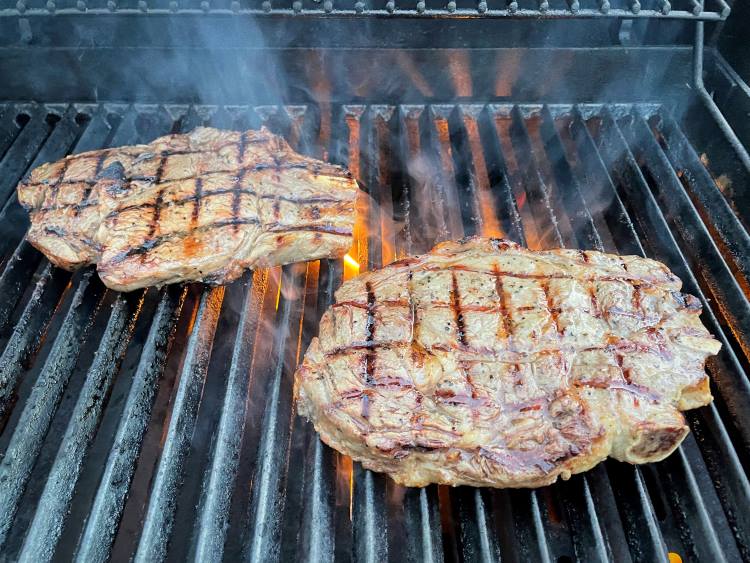
Gluten can stick in cracks and crevices and then transfer to the food you're preparing. It’s important that you start with a clean prep surface and all your utensils are clean.
- If you’re making gluten containing foods for other guests, be extra careful. No sharing spoons, knives or cutting boards between dishes. Strainers that have been used for pasta are impossible to clean properly. Don’t use them for your gluten free guest’s meal.
- If you’re cooking on a grill, make sure it’s clean. Cook the gluten free items first and anything that contains gluten afterwards. Covering the grill with foil or a grilling mat can keep the gluten free food safe.
- If you're cooking gluten free and gluten containing foods in the oven, cover them to avoid splash over.
We can't have turkey stuffed with bread even if we take pieces from the outside. We can't have Caesar salad with the croutons picked out.
For more on avoiding cross contamination go here.
Involve Your Celiac Guest in Planning and Prep
We’ll be nervous, especially if we haven’t eaten at your house before. There are a few things you can do to make your life easier and make us more comfortable.
- Let us know the ingredients in every dish and what you’ve done to avoid cross contamination.
- Give us a quick call or text if you’re not sure about an ingredient.
- Invite us into your kitchen to help. It will take pressure off you and give us a feeling of confidence and control.
- Invite us to bring a dish that we can eat. This will be helpful to you, give us comfort and make us feel like we're contributing.
If Your Celiac Guest Wants to Bring Their Own Food
Some of us have had bad experiences and are very nervous. If your guest would prefer to bring their own food, please don’t take it personally. The best way to make them feel welcome is to provide a plate and a means to heat up their meal.
Be Understanding and Take it Seriously
The most heart-breaking thing I hear from people with celiac is that friends and family don’t take them seriously. They're told it's not real, or they're blowing it out of proportion. They get the eye roll.
Some people like special treatment or to be the center of attention, but most of us don’t. We don’t want to be a nuisance. We don’t want to be the high maintenance friend, but we have no choice. For this reason, many people with celiac disease never eat outside of their home. I find this so sad. They are missing out on the best parts of life by not sharing meals with you, their friends and family.
Thank-you again for visiting this gluten free guide to entertaining and for making the effort to
have us in your life.
